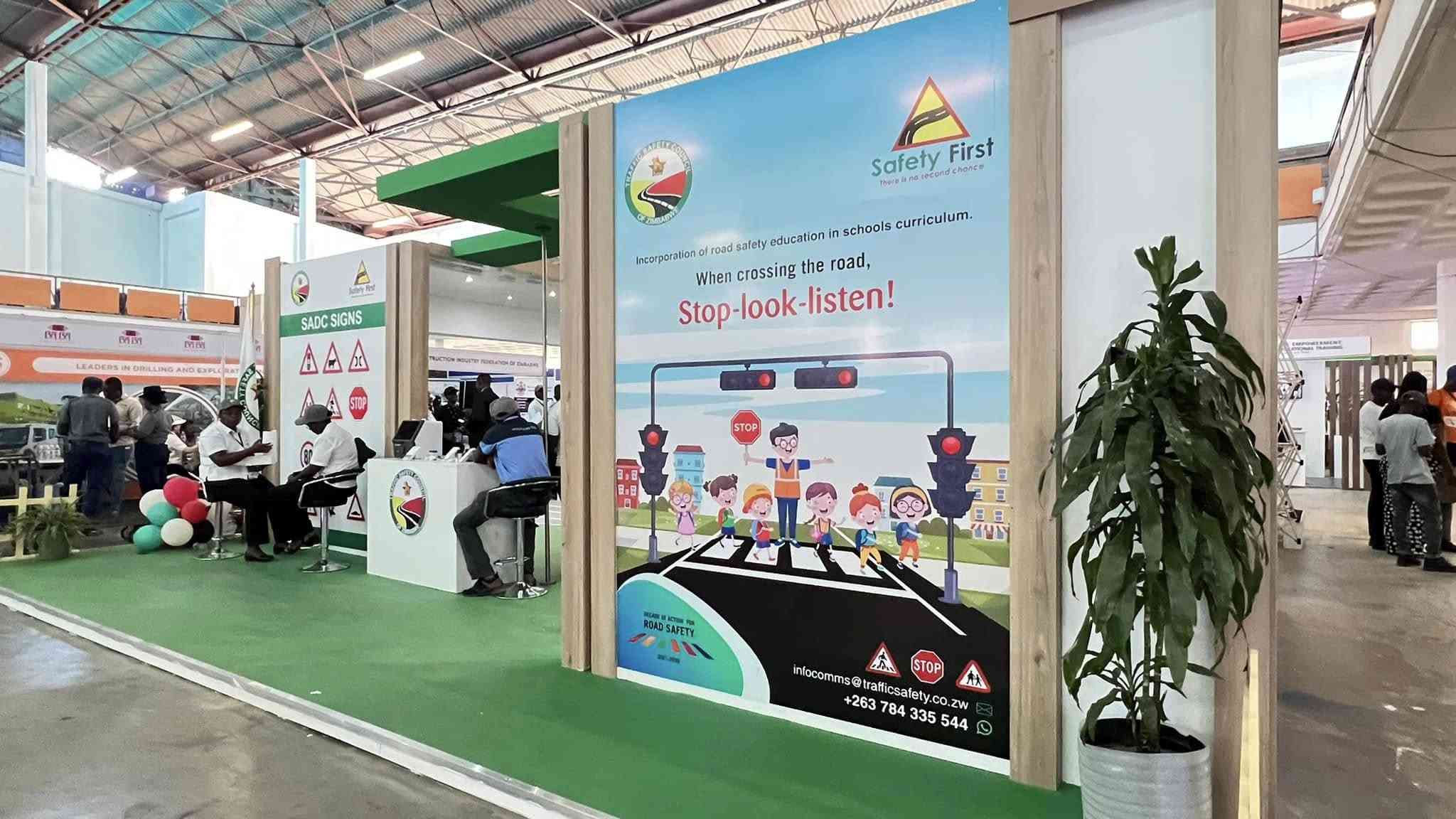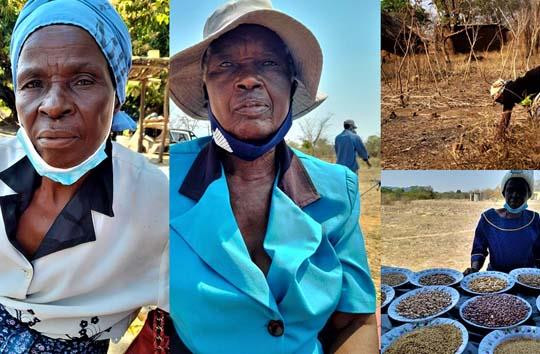
HUNDREDS of citizens have received plastic driver’s licences on-site within minutes of passing road tests at the on-going Zimbabwe International Trade Fair (ZITF), a process that traditionally took weeks or months.
The service, launched in partnership with the Vehicle Inspectorate Department (VID), allowed applicants to complete road tests at VID depots before proceeding to the Transport ministry stand at ZITF for immediate licence printing.
Long queues form daily at the ministry’s booth, where officials are utilising portable printing technology to produce the document.
“This is revolutionary. I passed my test this morning and had my licence by 10:20am, no endless follow-ups or delays,” said Josphat Moyo, a 24-year-old Bulawayo resident.
His experience was shared by Gladys Ndlovu, a teacher from the city, who contrasted the service with her brother’s three-month wait for a driver's licence in 2024.
“This proves our systems can work when there is commitment,” she added.
There has been long-standing public frustration over bureaucratic inefficiencies in government departments, including delays in issuing passports, birth certificates, and national identity documents.
A Transport ministry employee manning the stand at ZITF described the project as a “proof of concept” for tech-driven service delivery.
- SanganaiHlanganani Expo dates set
- ZITF Company launches AfriConfex
- Zim must step up to increase exports: UK
- Thanksgiving prayers promote nation-building: Wutawunashe
Keep Reading
“By integrating digital systems and decentralising processes, we have shown that delays are not inevitable. This model can — and should — be scaled,” she stated.
Meanwhile, Higher and Tertiary Education, Innovation, Science and Technology Development deputy minister Simelizezwe Sibanda praised the high standards of innovations on display at the ZITF.
“We are putting in place support systems from funding opportunities to mentorship programmes and ensuring these innovations reach the market and begin contributing meaningfully to our economy,” Sibanda said.
By spotlighting innovation and pushing for commercial viability, observers said the ZITF was fast becoming a bridge between invention and enterprise.









